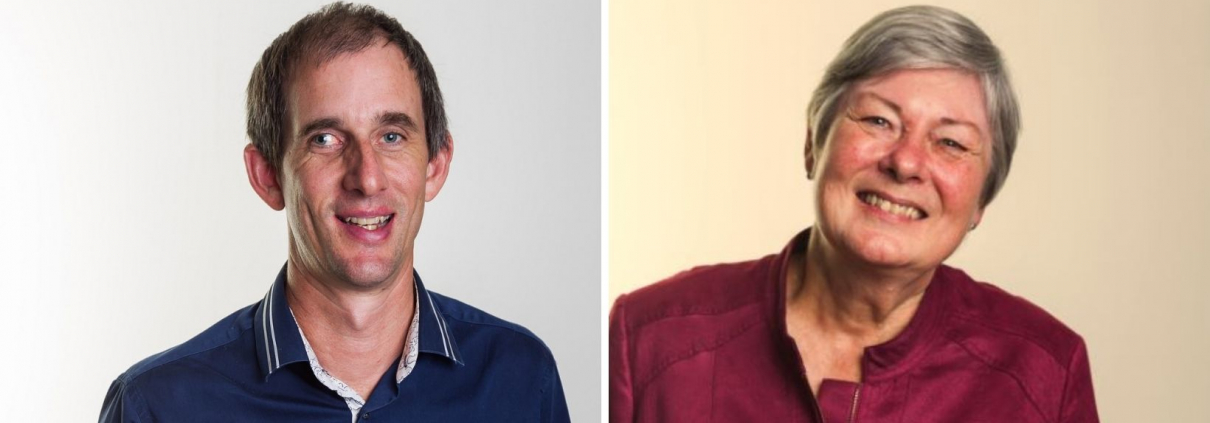AHS experts address Federal Parliament hearing
The industry-leading technical expertise of Australian Heritage Specialists (AHS) Managing Director Benjamin Gall and Senior Advisor Ann Wallin was recently called upon at a Federal Parliament hearing in Canberra.
Mr Gall and Ms Wallin were called to provide evidence to the inquiry into the destruction of 46,000 year old caves at the Juukan Gorge in Western Australia’s Pilbara region. They delivered a detailed presentation then answered questions from Senator Matthew Canavan and Senator Patrick Dodson.
The purpose of the Joint Standing Committee on Northern Australia hearing was to examine current Aboriginal and Torres Strait Islander heritage legislation in Queensland, following its review of the Juukan Gorge incident.
In Queensland, the Aboriginal Cultural Heritage Act 2003 (ACHA) and the Torres Strait Islander Cultural Heritage Act 2003 are the relevant state legislation, with guidance on their application provided by the Cultural Heritage Duty of Care Guidelines.

AHS Managing Director Benjamin Gall
Sites not protected
The evidence given by AHS highlighted areas of the ineffectiveness and inadequacy of these state laws that do not achieve a consistent approach to fulfilling the ACHA’s stated purpose and crucially do not guarantee the protection of culturally and historically significant sites.
The so-called ‘last person standing’ provisions of the ACHA do not consider a possible outcome of trials under the Native Title Act 1993 whereby the Aboriginal people recognised by the Court “as the primary guardians, keepers and knowledge holders of Aboriginal cultural heritage” have not had a registered native title claim in place.
Mr Gall and Ms Wallin cited the vulnerability of the Karingbal Brown River people’s cultural heritage caused by Queensland’s interpretation of Section 34(1)b of the AHCA. This has allowed people with no traditional knowledge of Karingbal cultural heritage to make important decisions about Karingbal cultural heritage sites.
The importance of intangible versus tangible sites and places of significance in understanding the nature of Aboriginal cultural heritage was also addressed, with AHS recommending changes to the Guidelines which would reflect deep concerns held by many Aboriginal people and groups, as well as Government and private companies.

AHS Senior Advisor Ann Wallin
Urgent overhaul required
The AHS team outlined how improvements to the legislation could assist in the protection of Queensland’s culturally and historically significant sites. This included suggesting an amendment to Sections 34 and 35 of the ACHA to reflect more appropriately the Native Title Act 1993 and all possible outcomes of judgements from the Federal Court of Australia.
Mr Gall is unequivocal in his view that the ACHA and Guidelines are in need of an urgent overhaul to make them fit for purpose.
“The Acts in their current form fail to strike an appropriate balance between the protection of cultural heritage and the provision of achievable, clear-cut and practical processes for government and businesses to follow,” said Mr Gall.
“Critical improvements to the existing legislation are required, including revisions to the last person standing rule and updates to the DSDSATSIP Duty of Care Guidelines to improve understanding of when consultation is necessary. We are pleased that DSDSATSIP are once again considering a review of these guidelines and acknowledge the Queensland Government’s efforts in this area to further review and consider these short falls.”
Contact us
To discover how we may be able to assist on your next project, contact us today here via our website or phone (07) 3221 0000. You can also connect with us on Linkedin.




